Cooperative Detection Algorithm of Malicious Nodes Based on Federated Learning
DOI: 10.23977/jeis.2025.100206 | Downloads: 3 | Views: 782
Author(s)
Zixuan Wan 1, Xiaosheng Wu 1
Affiliation(s)
1 School of Computer Science and Information Technology, Harbin Normal University, Harbin, 150025, China
Corresponding Author
Zixuan WanABSTRACT
In Mobile Crowdsensing (MCS) networks, traditional malicious user detection methods typically rely on transmitting vast amounts of raw data to a central server for analysis. This approach not only incurs significant communication overhead, exacerbating network congestion, but also poses a high risk of exposing users' sensitive data. To address these challenges, this paper introduces an MCS malicious behavior detection framework that integrates the concepts of Federated Learning (FL) and edge computing. This framework employs a distributed architecture centered around edge servers, enabling multiple edge nodes to process data locally and collaboratively train detection models, thereby effectively safeguarding user privacy. Additionally, to counter potential malicious users in federated learning, a legitimate user identification method based on user contribution levels is designed using the gradient similarity principle. By excluding malicious users, the system can mitigate the risk of attacks, ultimately enhancing the accuracy and security of the system.
KEYWORDS
Mobile Crowdsensing; Federated Learning; Malicious Node Detection; Gradient SimilarityCITE THIS PAPER
Zixuan Wan, Xiaosheng Wu, Cooperative Detection Algorithm of Malicious Nodes Based on Federated Learning. Journal of Electronics and Information Science (2025) Vol. 10: 51-55. DOI: http://dx.doi.org/10.23977/10.23977/jeis.2025.100206.
REFERENCES
[1] Zhao B, Liu X, Chen W-N. When crowdsensing meets federated learning: Privacy-preserving mobile crowdsensing system [J]. arXivpreprint arXiv: 210210109, 2021.
[2] Zhang M, Chen S, Shen J, Zhang M, Chen S, Shen J, et al. Privacyeafl: Privacy-enhanced aggregation for federated learning in mobile crowdsensing [J]. IEEE Transactions on Information Forensics and Security, 2023, 18: 5804-5816.
[3] Fang Chen, Guo Yuanbo, Wang Yifeng, Hu Yongjin, Ma Jiali, Zhang Han, and Hu Yangyang. Privacy-preserving edge computing methods based on blockchain and federated learning [J]. Journal of Communications, 2021,42(11):28-40.
[4] Gao Sheng, Yuan Liping, Zhu Jianming, et al. A blockchain-based privacy-preserving asynchronous federated learning [J]. Science in China: Information Science, 2021,51(10):20.
[5] Xie W ,Wang Y ,Boker M S , et al. PrivLogit: Efficient Privacy-preserving Logistic Regression by Tailoring Numerical Optimizers.[J].CoRR,2016,abs/1611.01170
[6] S H ,K H ,M C , et al.Necrotising Scleritis and Peripheral Ulcerative Keratitis Associated with Rheumatoid Arthritis Treated with Rituximab.[J].Klinische Monatsblatter fur Augenheilkunde,2017,234(4):567-570.
[7] MA J, CHEN L, XU J, et al. FedCrow: Federated Learning-Based Data Privacy Preservation in Crowd Sensing [J/OL]. Applied Sciences, 2024,14(11):4788.
| Downloads: | 12712 |
|---|---|
| Visits: | 493954 |
Sponsors, Associates, and Links
-
Information Systems and Signal Processing Journal
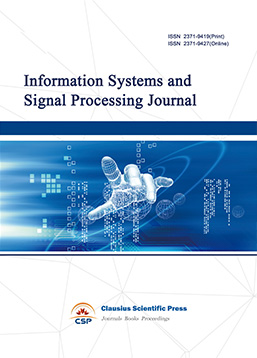
-
Intelligent Robots and Systems
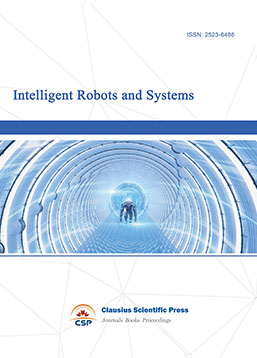
-
Journal of Image, Video and Signals
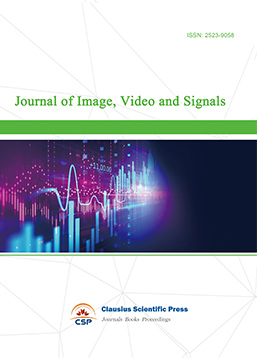
-
Transactions on Real-Time and Embedded Systems
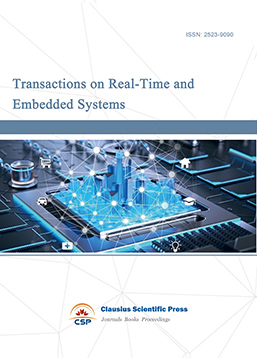
-
Journal of Electromagnetic Interference and Compatibility
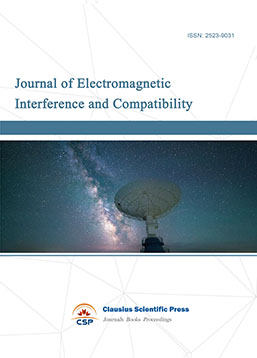
-
Acoustics, Speech and Signal Processing
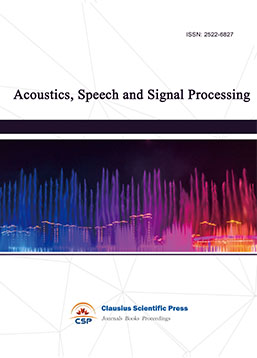
-
Journal of Power Electronics, Machines and Drives
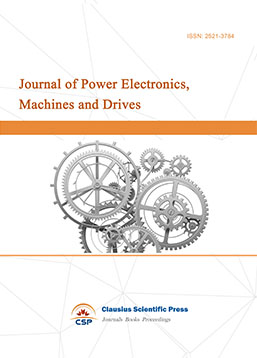
-
Journal of Electro Optics and Lasers
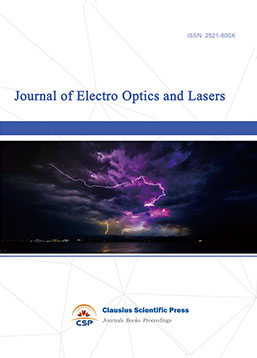
-
Journal of Integrated Circuits Design and Test
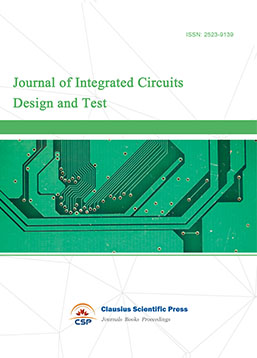
-
Journal of Ultrasonics
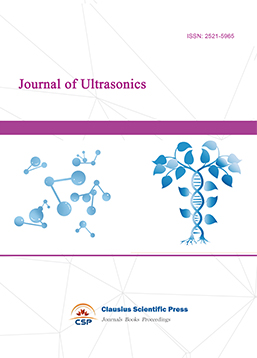
-
Antennas and Propagation
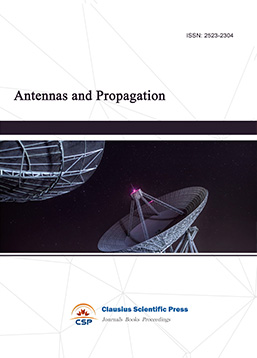
-
Optical Communications
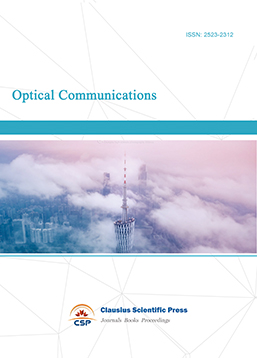
-
Solid-State Circuits and Systems-on-a-Chip
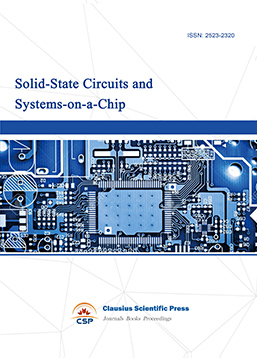
-
Field-Programmable Gate Arrays
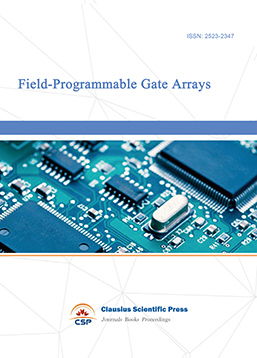
-
Vehicular Electronics and Safety

-
Optical Fiber Sensor and Communication
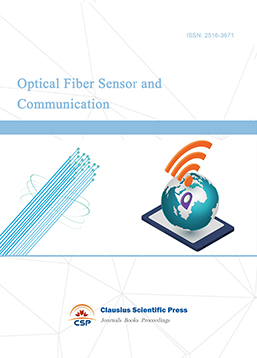
-
Journal of Low Power Electronics and Design
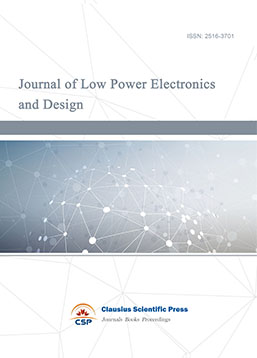
-
Infrared and Millimeter Wave
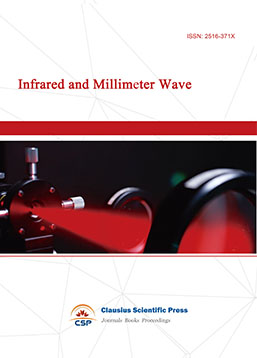
-
Detection Technology and Automation Equipment

-
Journal of Radio and Wireless

-
Journal of Microwave and Terahertz Engineering
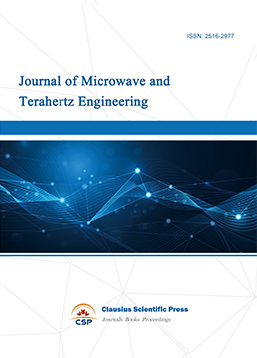
-
Journal of Communication, Control and Computing
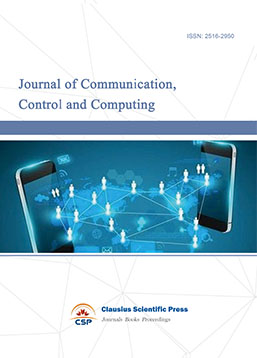
-
International Journal of Surveying and Mapping
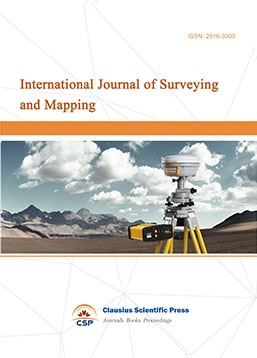
-
Information Retrieval, Systems and Services
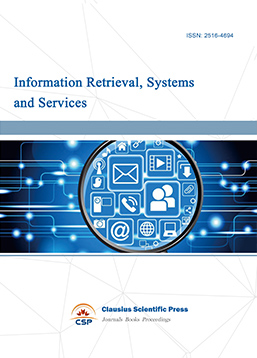
-
Journal of Biometrics, Identity and Security
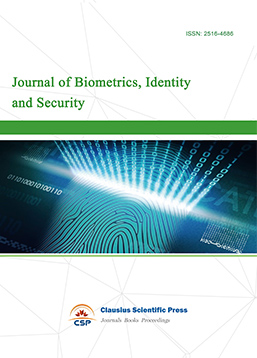
-
Journal of Avionics, Radar and Sonar
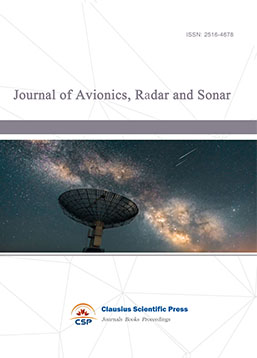

 Download as PDF
Download as PDF